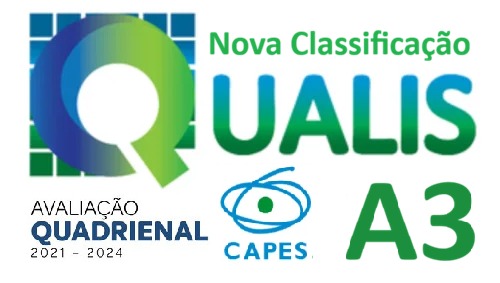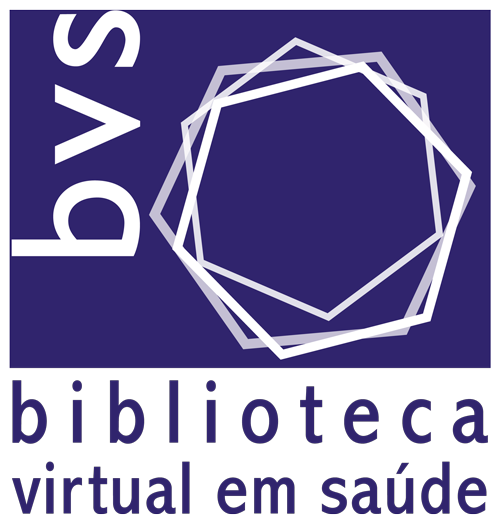Modulation of radiant oncological therapy through the intervention with substances of vegetable origin
DOI:
https://doi.org/10.15392/2319-0612.2023.2261Keywords:
green tea, radiomodulator, radiotherapyAbstract
Introduction: the search for substances that modulate the adverse effects of radiotherapy is key to optimizing the efficacy of these treatments and improving the patient's quality of life. We consider the evaluation of green tea (Camellia Sinensis) opportune for its antioxidant and anti-inflammatory properties, while its composition in polyphenols would make it possible to reduce radiosensitivity and improve cell recovery. Thus, our objective was to assess the efficacy of this infusion in the management of mucositis developed during radiant treatment of patients with head and neck cancer. Materials and Methods: a prospective and controlled clinical trial was carried out on a population of 20 patients, under treatment with intensity modulated radiation (IMRT). The result of the intervention with green tea rinses (4 times/day) or compliance with the usual protocol, was assessed by detailed recording of radiotoxicity, using the RTOG scale. Statistical analysis was performed using the T-Test: Student's t-Mann-Whitney U. Results: all the patients who adhered to and exhaustively complied with the protocol with the infusion, although they did not significantly recover the state of the oral cavity, demonstrated better control of the radio-induced acute effects (xerostomia and mucositis). Conclusion: although our results are preliminary, they allow us to suggest that from the intervention with green tea, the acute radiation-induced effects could be modulated. We believe intervention with this substance is opportune, given its easy administration, availability, cost, and lack of toxicity in a wide range of doses.
Downloads
References
Mateo-Sidrón Antón MC, Somacarrera Pérez ML. Cáncer oral: Genética, prevención, diagnóstico y tratamiento. 2015. Revisión de la literatura.
Pajonk F, Riedisser A, Henke M et al. (2006). https://doi.org/10.1186/1741-7015-4-28.
Zhu W. y col. 2016. Doi: 10.18632 / oncotarget.9495.
Yen-Chi Liao y col, 2021. doi: 10.1016/j.ijnurstu.2021.103985.
Lauren J. y col. June 2013. https://doi.org/10.2146/ajhp120467
Adnan M, y col. 2022. doi: 10.2174/1871520621666210419095829.PMID: 33874875
Bahare Salehi y col, 2019. Plant-Derived Bioactives in Oral Mucosal Lesions: A Key Emphasis to Curcumin, Lycopene, Chamomile, Aloe vera, Green Tea and Coffee Properties.
Zhao H y col. 2016. DOI: 10.1259 / bjr.20150665.
Fritz H, y col 2013. doi: 10.1177/1534735412442378.
Shang Cai y col 2022. doi: 10.3389/fonc.2022.848107.
Kalekhan F, y col. 2022; doi:10.2174/1871520621666210405093236.
Bahare Salehi y col. 2019. Plant-Derived Bioactives in Oral Mucosal Lesions: A Key Emphasis to Curcumin, Lycopene, Chamomile, Aloe vera, Green Tea and Coffee Properties.
Alicja Kuban-Jankowska, Y Col. 2020. Green Tea Catechins Induce Inhibition of PTP1BPhosphatase in Breast Cancer Cells with PotentAnti-Cancer Properties: In Vitro Assay, Molecular Docking, and Dynamics Studies.
Kuskoski E. M. y col. 2005. https://doi.org/10.1590/S0101-20612005000400016.
Jivendra S. y col. 2022. Plant based radioprotectors as an adjunct to radiotherapy: advantages and limitations.
https://www.cancer.org/es/cancer/cancer-de-orofaringe-y-de-cavidad-oral/acerca/estadisticas-clave.
Ghosh D, Dey SK, Saha C. Antagonistic effects of black tea against gamma radiation-induced oxidative damage to normal lymphocytes in comparison with cancerous K562 cells. Radiat Environ Biophys. 2014 Nov;53(4):695-704. doi: 10.1007/s00411-014-0551-8. Epub 2014 Jul 1. PMID: 24981250.
Yi J, Chen C, Liu X, Kang Q, Hao L, Huang J, Lu J. Radioprotection of EGCG based on immunoregulatory effect and antioxidant activity against 60Coγ radiation-induced injury in mice. Food Chem Toxicol. 2020 Jan;135:111051. doi: 10.1016/j.fct.2019.111051. Epub 2019 Dec 16. PMID: 31837348
Pal S, Saha C, Dey SK. Studies on black tea (Camellia sinensis) extract as a potential antioxidant and a probable radioprotector. Radiat Environ Biophys. 2013 May; 52(2):269-78. doi: 10.1007/s00411-013-0463-z. Epub 2013 Mar 22. PMID: 23519756.
Published
Issue
Section
License
Copyright (c) 2023 Brazilian Journal of Radiation Sciences

This work is licensed under a Creative Commons Attribution 4.0 International License.
Licensing: The BJRS articles are licensed under a Creative Commons Attribution 4.0 International License, which permits use, sharing, adaptation, distribution and reproduction in any medium or format, as long as you give appropriate credit to the original author(s) and the source, provide a link to the Creative Commons license, and indicate if changes were made. The images or other third party material in this article are included in the article’s Creative Commons license, unless indicated otherwise in a credit line to the material. If material is not included in the article’s Creative Commons license and your intended use is not permitted by statutory regulation or exceeds the permitted use, you will need to obtain permission directly from the copyright holder. To view a copy of this license, visit http://creativecommons.org/licenses/by/4.0/



























